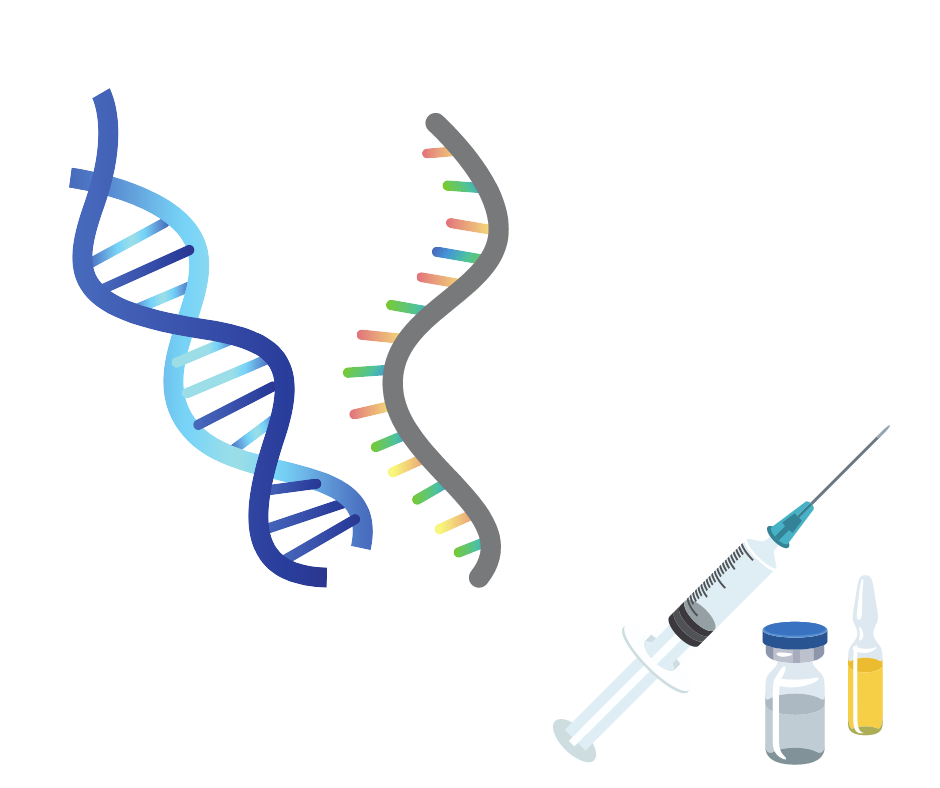How do mRNA messenger vaccines work?

By HealthDesk.org
January 18, 2021
mRNA vaccines or “messenger RNA” vaccines are a newer type of vaccine that do not carry an inactivated or weakened pathogen (bacteria or virus) into our body like most vaccines do. Instead, they carry information, which instruct the cells in the body to create a protein or a part of a protein, which in turn triggers an immune response.
Teaching the cells to create this harmless but foreign protein allows the body to activate its immune system. On seeing a foreign element in the system, the immune system fires into action and starts producing antibodies to fight against the invader.
Soon after making the protein, our cells break down the mRNA and get rid of it.
mRNA COVID-19 vaccines cannot cause COVID-19 as they do not carry the full information needed to make SARS-CoV-2 virus in the body. They only carry information from a specific protein found on the surface of the SARS-CoV-2 virus.
Used with Permission via Health Desk, a public health hub that explains emerging COVID-19 science.


